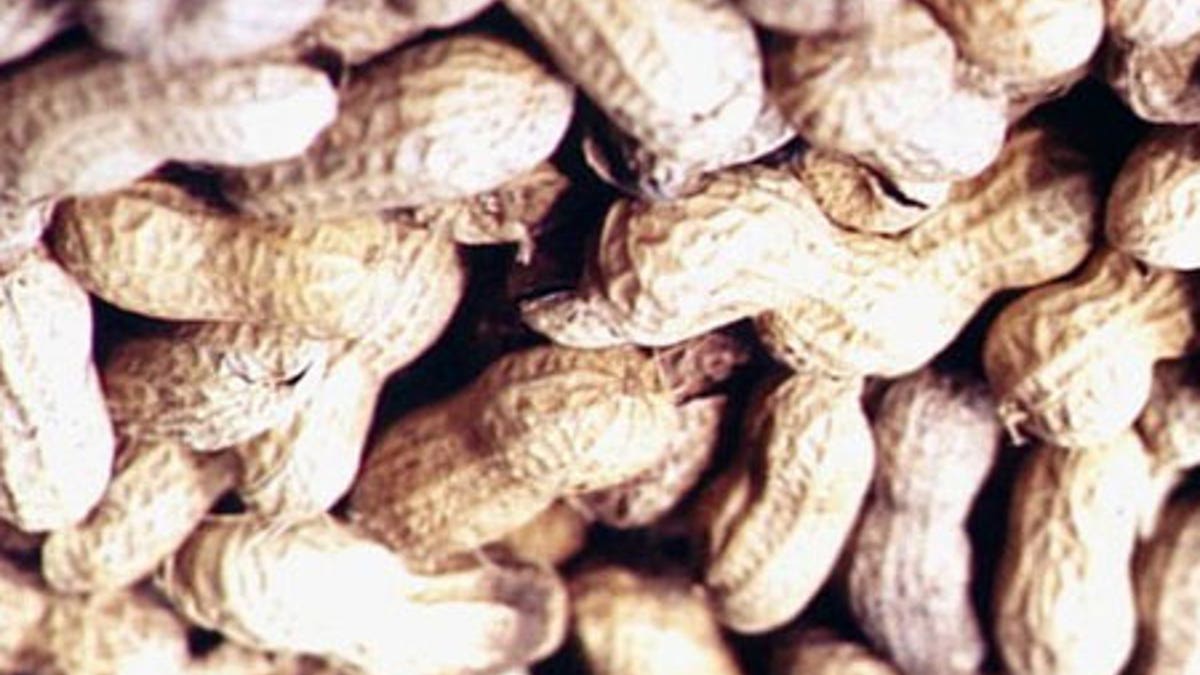
The U.S. Department of Agriculture is developing a low-allergy natural peanut that could offer an alternative to sufferers of severe nut allergies, a London medical conference was told Monday.
Scientists are working to process hypoallergenic peanuts from natural sources that include cloned nut and legume trees. Once they pinpoint thresholds for allergens and antibodies that combat them, researchers hope to create a peanut with the lowest chance of triggering an allergic reaction. This type of peanut could then be farmed.
“For those who suffer badly, it can be like living in fear of a poisonous snake bite,” said USDA scientist Soheila Maleki, who led the research.
“They have to avoid foods and you hear stories of children being bullied in the playground, with classmates running after them with a peanut butter sandwich."
Severe peanut allergy is the most common cause of food-related death in the U.S. A significant number of children are afflicted with the allergy, although many grow out of it.
The low-allergy peanut could help children build immunity to the allergens from a young age and eliminate the need for extreme precautions.
“A low-risk peanut could cut the number of people who develop a peanut allergy in the first place and reduce the severity of the reactions in those who do,” said Maleki.
